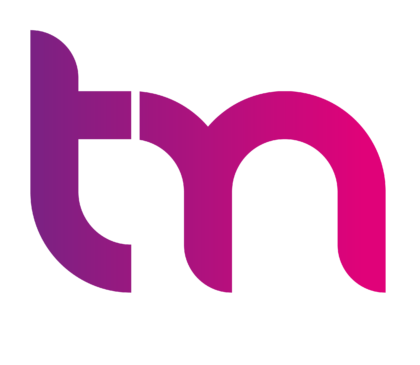With technology enabling us to connect and work with talent from anywhere in the world, outsourcing has grown increasingly common. Many businesses opt to hire freelancers or contractors rather than in-house workers for a more cost-effective way of accomplishing tasks. However, this arrangement must be well-handled in order to warrant solid, usable work.
To help you determine which of your business tasks should be outsourced and to ensure your outsourcing arrangements bring the best results for your business, we asked a panel of Young Entrepreneur Council members to weigh in with their thoughts. Their best answers are below.
- Define Your Core Competencies: Outsourcing can be a game-changer for businesses, but it’s essential to identify your core competencies first. These are the activities that set your business apart and contribute most to your success. Anything outside of your core competencies is a candidate for outsourcing. Focus your internal resources on what you do best and leverage outsourcing to handle everything else efficiently.
- Consider Time vs. Cost: When deciding whether to outsource a task, consider the trade-off between time and cost. Outsourcing may save you money upfront, but it could cost you time in managing the outsourced work. Evaluate whether the time saved by outsourcing outweighs the time spent managing it. Additionally, consider the quality of work you’ll receive from outsourcing versus handling it in-house.
- Leverage Specialized Expertise: Outsourcing allows businesses to access specialized expertise that may not be available in-house. When considering outsourcing, look for vendors or freelancers who have the skills and experience necessary to deliver high-quality work. By leveraging specialized expertise, you can achieve better results and drive greater efficiency in your business operations
- Maintain Clear Communication: Clear communication is essential when outsourcing tasks to external partners. Clearly define your expectations, deadlines, and deliverables upfront to ensure everyone is on the same page. Regular check-ins and updates throughout the project can help prevent misunderstandings and ensure that the work is progressing as planned. Effective communication is key to successful outsourcing
- Evaluate Long-Term Impact: Before outsourcing a task, consider the long-term impact on your business. Will outsourcing this task free up internal resources to focus on strategic initiatives? Will it enable you to scale more efficiently as your business grows? Take a holistic view of the potential benefits and drawbacks of outsourcing to make an informed decision that aligns with your long-term goals.
In conclusion, outsourcing can be a valuable strategy for businesses looking to streamline operations, reduce costs, and access specialized expertise. However, it’s essential to carefully evaluate which tasks to outsource and to manage outsourcing arrangements effectively to ensure optimal results for your business. By considering factors such as core competencies, time vs. cost, specialized expertise, communication, and long-term impact, you can make informed decisions that drive success and growth for your business.
When it comes to finding the right partner for your outsourcing needs, TalentMine stands out as a trusted ally. With our extensive experience in providing cost-effective workforce solutions to global enterprises, we understand the intricacies involved in outsourcing and can help you navigate this process with confidence. From defining your core competencies to leveraging specialized expertise and maintaining clear communication, our dedicated team is committed to helping you achieve your business goals faster and more efficiently. Partner with TalentMine today and unlock the full potential of outsourcing for your business.


